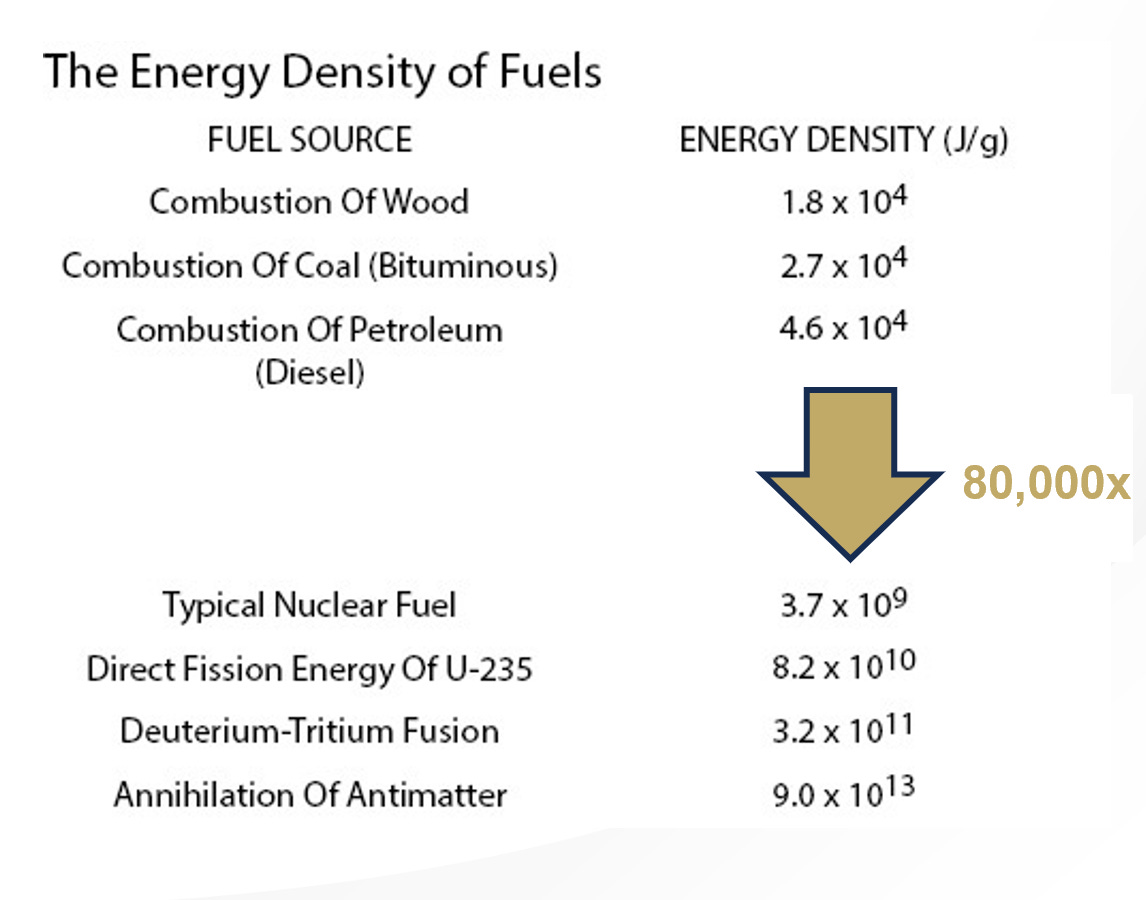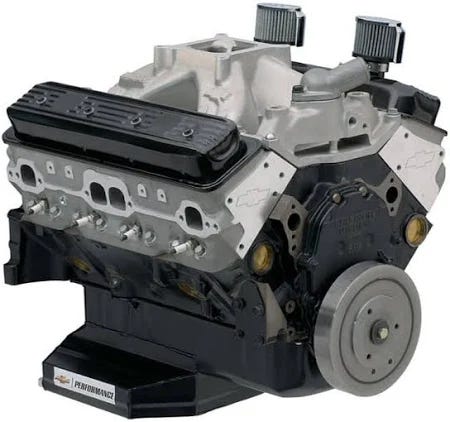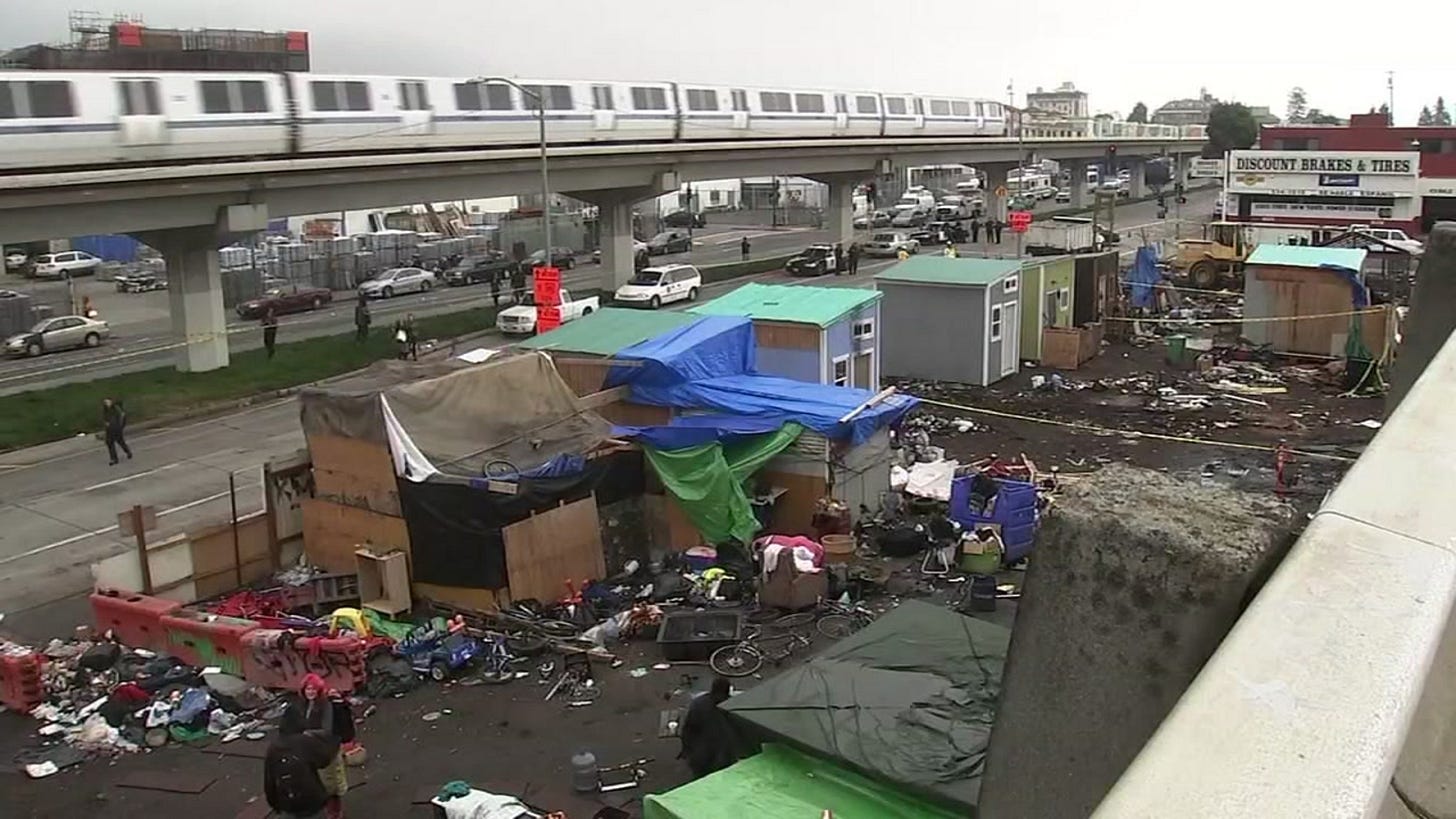Is the Age of Deprivation Coming to a Close?
For the past 50 years, we have labored under an illusion of surplus
Summary:
There is a strong correlation Between Wealth and Energy use: A future with greater material comfort will inevitably require more energy consumption. The slow progress in developing more efficient energy sources has hampered economic development while conventional fossil fuel, solar and wind CANNOT provide for the transition.
Critique of Current Energy Solutions: Policy in the energy sector focuses on creating products that are marginally better than existing ones rather than making revolutionary improvements. This approach has led to the stagnation of true innovation in the energy field, as seen in the limited progress with alternative energy sources like solar and wind.
Nuclear is the solution: Improved living standards require increased energy consumption. Nuclear power offers significantly higher energy density, essential for future advancements in various sectors, including agriculture, water management, recycling, transportation, and computing.
Nuclear is inevitable: This transition is viewed as inevitable due to the vast potential of nuclear power compared to traditional sources. The current political and societal reluctance to embrace nuclear energy requires a more informed public dialogue on energy solutions. And the risk for America is that others do it first.
Top Comment:
NN asks for clarification:
Mike, regarding this line:
“but it’s worth noting that a 401K places assets beyond the reach of the employer while a DB plan, even a cash balance plan, is a liability of the company.”
Does this mean that if a company fails this money is also gone? unlike a 401K?
MWG: The pension is guaranteed at a very reduced benefit rate by the Pension Benefit Guarantee Corp, but beyond unclear limitations on how IBM must segregate the pension contributions (we simply don't have enough information yet) there is no absolute guarantees of ownership unlike a 401K which is the property of the employee.
The Main Event:
“We wanted flying cars, instead we got 140 characters.” – Peter Thiel
This well-known lament from my former employer is often cited but rarely read. The document from which it originates, “What Happened to the Future?” was written over a decade ago in 2011. Contained within is a gem of a quote:
“The correlation between wealth and energy use is extremely high and whichever direction the causality runs, a future world of greater material comfort is going to be one that uses more energy (certainly in the aggregate). Unfortunately, conventional sources of energy are extremely problematic, tangled up with political and environmental costs, and in the case of oil, significant geologic constraints. Alternative sources of energy represent a tremendous opportunity, but as the persistently rising real cost of energy shows, we have made little progress in generating more energy more cheaply.” — Founder’s Fund Manifesto, 2011
Last week, I had the opportunity to interview Erik Townsend of MacroVoices podcast fame for Simplify’s Keeping it Simple podcast series. The video can be watched here. This was a flip of the script as I have been a frequent guest on MacroVoices as has my better half, Harley Bassman. (As a sidenote, Harley’s new strategy targeting new-issue mortgage bonds is beyond brilliant in its simplicity. Just as his interest rate hedge product has produced extraordinary returns the past two years in a rising rate interest rate environment that I disagree with, but must accept as reality, this strategy is likely to be one of the winners in a “higher for longer unless something breaks” world).
Erik has produced a phenomenal, “Energy Transition Crisis” (energytransitioncrisis.org) documentary series that I encourage readers to watch. With that said, I don’t think Erik goes far enough. Erik, understandably attempts to mollify the Climatechangeologist crowd, and refuses to call out the “renewables Clean Energy” scam for what it is — bunk. Once again, I turn to the Founder’s Fund:
“We believe that this is because many companies pursue the wrong model – they seek to be almost as good as the default product, rather than (as should be the case generally) so much better than the default that customers will rush to switch.” — Founder’s Fund, “What Happened to the Future”, 2011
This is the story of new energy in the 21st century. Rather than embracing the exponential improvement that should be our goal, we are settling for attempts to replace fossil fuels and simply maintain our standard of living. The least inspirational appeal ever:
“Let’s spend trillions of dollars to get almost what we have now.”
No wonder we’re worried about inflation.
So I’m going to try something different. First, the key chart:
This is the key story of our lifetimes. It’s why housing is unaffordable, why medical care is expensive, and why many fear their children’s lives will be worse than their own. As noted above in the Founder’s Fund manifesto, “The correlation between wealth and energy use is extremely high, and whichever direction the causality runs, a future world of greater material comfort is going to be one that uses more energy.” By extension, a world in which LESS energy is used per capita is a world of LESS material comfort.
First a point of clarification, “Electricity” is not energy. It is a transmission technology. Primary energy MUST come from either an exothermic (energy creating) chemical or nuclear process. This is a tale as old as time. The origin of our species was predicated on the creation of energy surplus:
The “invention” of fire facilitated the rapid release of a century of accumulated solar energy in the form of burning wood (trees are a chemical battery) to release the accumulated energy in a matter of hours. Coal roughly doubled the energy release potential by eliminating the energy-consuming (endothermic) water in wood, allowing us to tap billion-year-old batteries. The second part was far more important as it freed us from the constraints of using relatively recent solar energy. Unfortunately, the depletion of these solar batteries is approaching its inevitable conclusion (AND the costs of environmental degradation are indeed meaningful).
The solution is NOT to move backwards to solar power, which simply captures CURRENT solar energy and requires the creation of energy-intensive man-made batteries to store the energy for future use. The solution is to move FORWARD. The move to nuclear is not a 2x or 3x in energy content with an increase in the available quantity due to time; it’s an 80,000x increase in energy density with batteries charged by supernovas over 4.5 billion years ago.
We MUST accept that to have better lives, we MUST have more energy. As I noted in the discussion with Erik, this is a ONE WAY STREET:
We have spent the last fifty years trying to advance technology, namely solar and wind, that is LESS. Less energy density means we need to allocate MORE of the one truly scarce resource, land, to produce primary energy. More (clean) energy is the solution, NOT THE PROBLEM:
Agriculture – cheap energy allows vertical farming with yield per acre increases of >40x! Better quality food can be produced CLOSER to where we live.
Water — cheap energy allows nearly limitless supplies of freshwater through desalinization. Want a mind-blowing exercise? Imagine the state of California as the world’s largest water exporter. Check out https://www.oceanwellwater.com/.
Recycling – cheap energy allows recapturing ALL raw materials and dramatically reducing inorganic waste. Is it as cost-efficient as primary mining? NO, but that’s because the energy is currently too expensive to reprocess our waste effectively.
Transportation – you can’t have flying cars without cheap energy.
Artificial Intelligence/Computing Power – just like cows eat alfalfa (see agriculture above) to give us delicious beef, data centers EAT ENERGY to give us delicious information!
And yet, without irony, the one obvious solution to this challenge so well articulated by Founder’s Fund is notably absent from their manifesto:
Why? Well, Erik has the answer to that one:
Unfortunately, the Biden administration, along with every other Western government, remains captured by the same nonsense as the prior fifty years and treats the development of nuclear power capability as terrifying. You might want to pray for change, but they have that covered… why don’t you take a seat over here?
Do you want to know why the city of London is not covered in 15 feet of horse manure? Energy density. These two (a 400hp engine and 400 horses) are equal in power output:
The engine occupies less than nine cubic feet, weighs 300 lbs, and travels 25 miles on a gallon of gasoline in under half an hour. Particulate matter and gaseous waste total roughly 20 lbs for 25 miles. The 400 horses cover a city block and weigh roughly 400,000 lbs. They travel 25 miles in 24 hours on 10,000 lbs of hay. Particulate matter and gaseous waste (manure and farts) is roughly 2,000 lbs for 25 miles. Think energy density doesn’t matter? Think again.
Why are we still having these debates? Because we’ve collectively behaved like idiots, dumbing down our scientific knowledge through a diminution of expectations in our educational process and the separation of production from consumption. The vast majority of Westerners have no idea where the goods and services they consume “come from” with predictable consequences. Carl Sagan foresaw it two decades ago:
“I have a foreboding of an America in my children's or grandchildren's time -- when the United States is a service and information economy; when nearly all the manufacturing industries have slipped away to other countries; when awesome technological powers are in the hands of a very few, and no one representing the public interest can even grasp the issues; when the people have lost the ability to set their own agendas or knowledgeably question those in authority; when, clutching our crystals and nervously consulting our horoscopes, our critical faculties in decline, unable to distinguish between what feels good and what's true, we slide, almost without noticing, back into superstition and darkness...
The dumbing down of American is most evident in the slow decay of substantive content in the enormously influential media, the 30 second sound bites (now down to 10 seconds or less), lowest common denominator programming, credulous presentations on pseudoscience and superstition, but especially a kind of celebration of ignorance”
― Carl Sagan, The Demon-Haunted World: Science as a Candle in the Dark
The celebration of ignorance comes from the top down. Do not mistake my lament of the Biden administration as indicative of political bias. We’re equal opportunity absurdists on both sides:
There are a few glimmers of hope. Rep. Mike Gallagher of Wisconsin has been a consistent voice of reason. Others are slowly being influenced by growing support from the American public:
Increased energy production is THE undiagnosed solution to our current era of scarcity. Scarcity? Yes. This is not the age of abundance:
THIS is the age of abundance:
And it’s coming. But not fast enough. So, I’m asking my readers to be inspired by the potential. Write a letter to your elected representatives encouraging them to support the rebirth of nuclear power (I’ve made it easy for you. Here’s a form letter. And here’s how to find your elected representative and senators). While there are VERY few legitimate investment opportunities in the public markets currently, the reason is largely due to government intransigence. If we can change that resistance to support, then the opportunities are going to emerge.
Low-cost and, more importantly, abundant energy makes it all possible. 3-D printed houses; clean rivers and lakes; robots and AI; cheap & universal healthcare and education; etc, etc etc. When you hear the phrase, “the carrying capacity of the earth…” recognize that those are absurd statements predicated on a total failure to understand technological potential driven by improvements in energy density.
Please watch Erik’s documentary and share it broadly. Especially parts 5, 6 and 7. Be brave in challenging the consensus and educating yourselves. Don’t accept that we are limited, and be hopeful. The future is indeed so bright. You’ll have to wear shades…














I’m really glad to see people fighting for our futures once again.
I got excited about nuclear power as an undergrad in Mechanical Engineering, then went on to the Nuclear Navy. It seemed optimistic with 3 nuclear plants being built in the early Bush years.
Then the powers that be decided to sabotage all of those projects and destroy a significant part of our nuclear power infrastructure. It was very disheartening.
The fraud within the “Green” movements from wasteful spending to infrastructure sabotage to blatant environmental damage is simply frightening. It’s as if all of these agencies were infiltrated with enemy spies, like the Soviets used to attempt within our biggest labor unions.
Sentiment has markedly turned in most countries since the energy crisis in 2022, but our leaders are absolutely dragging their feet.
Excellent summation of a complicated, long term issue. I have said in several places, "It's fossil fuel + nuclear + some solar where this is BTU positive; or subsistence agriculture". Choose. Me, I garden but am not interested in subsistence ag!
One very important issue not addressed in your piece is safety of nuclear plants. We need designs that fail to a safe state, as these plants like all things made by man will have failures. Chernobyl and Fukushima and Three Mile Island were nasty fails and are in the public mind.